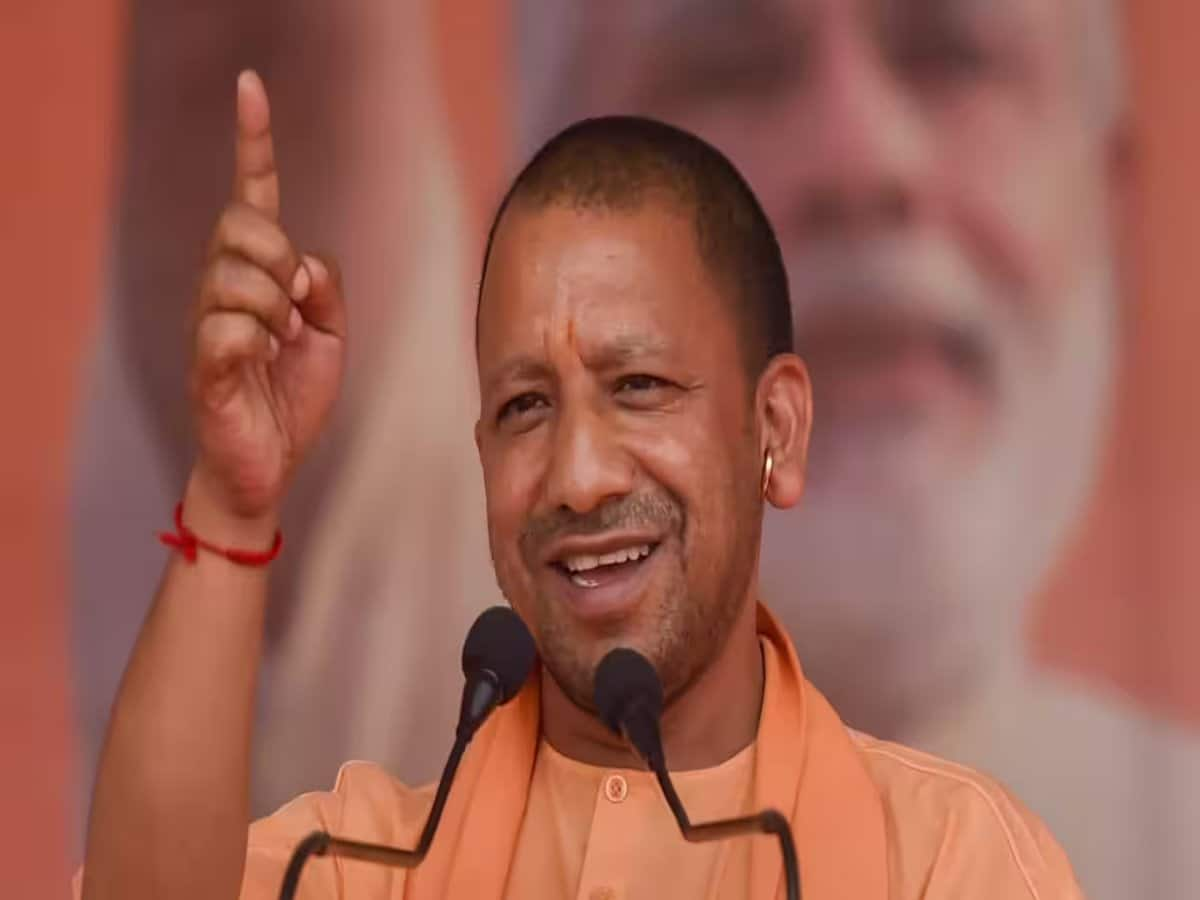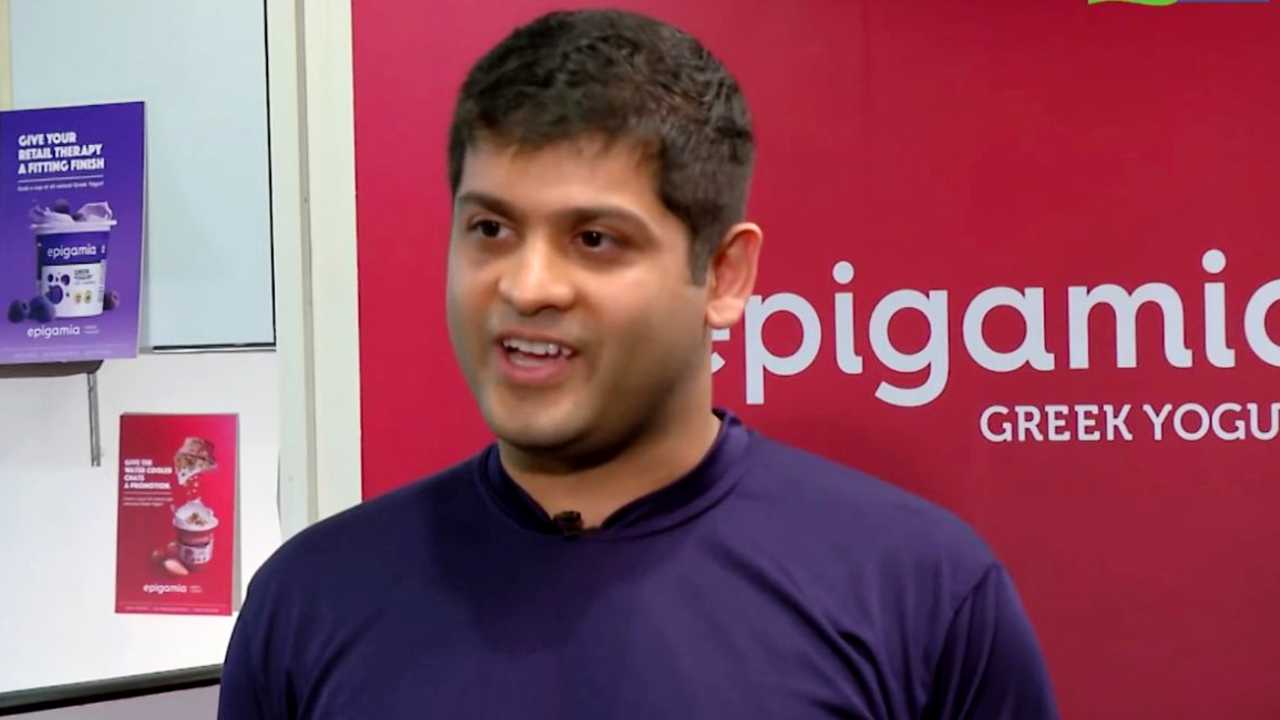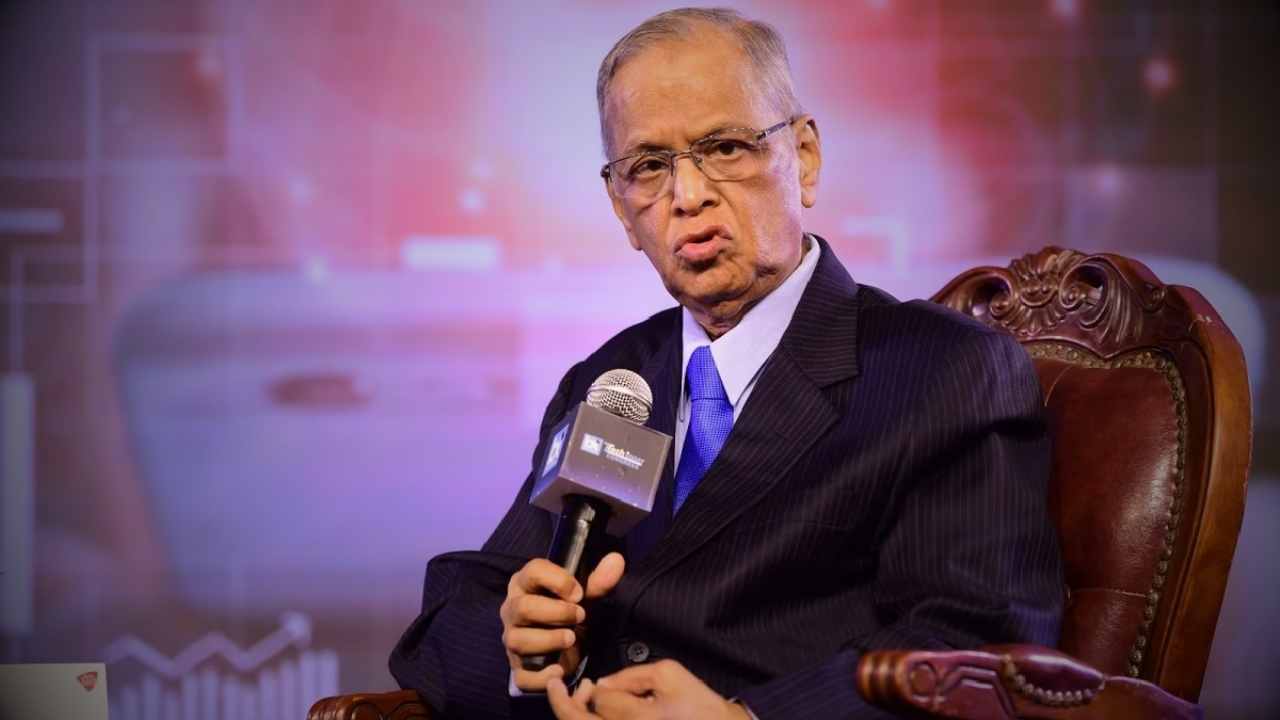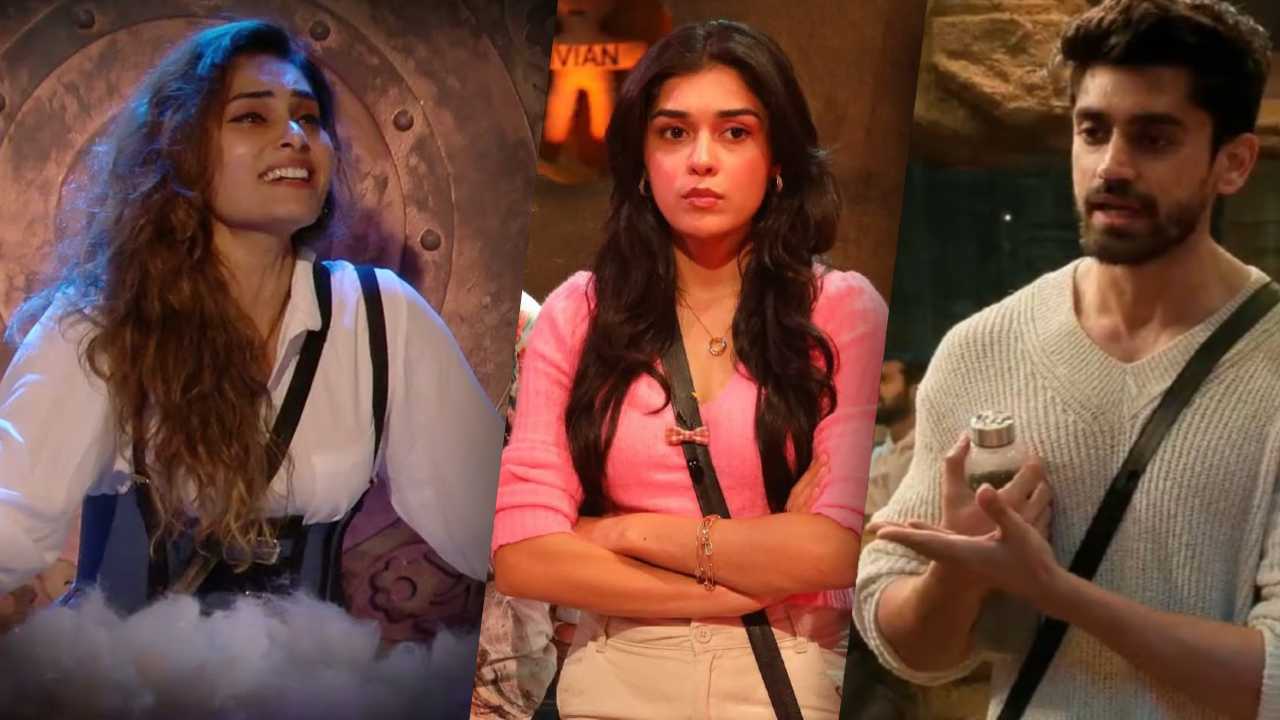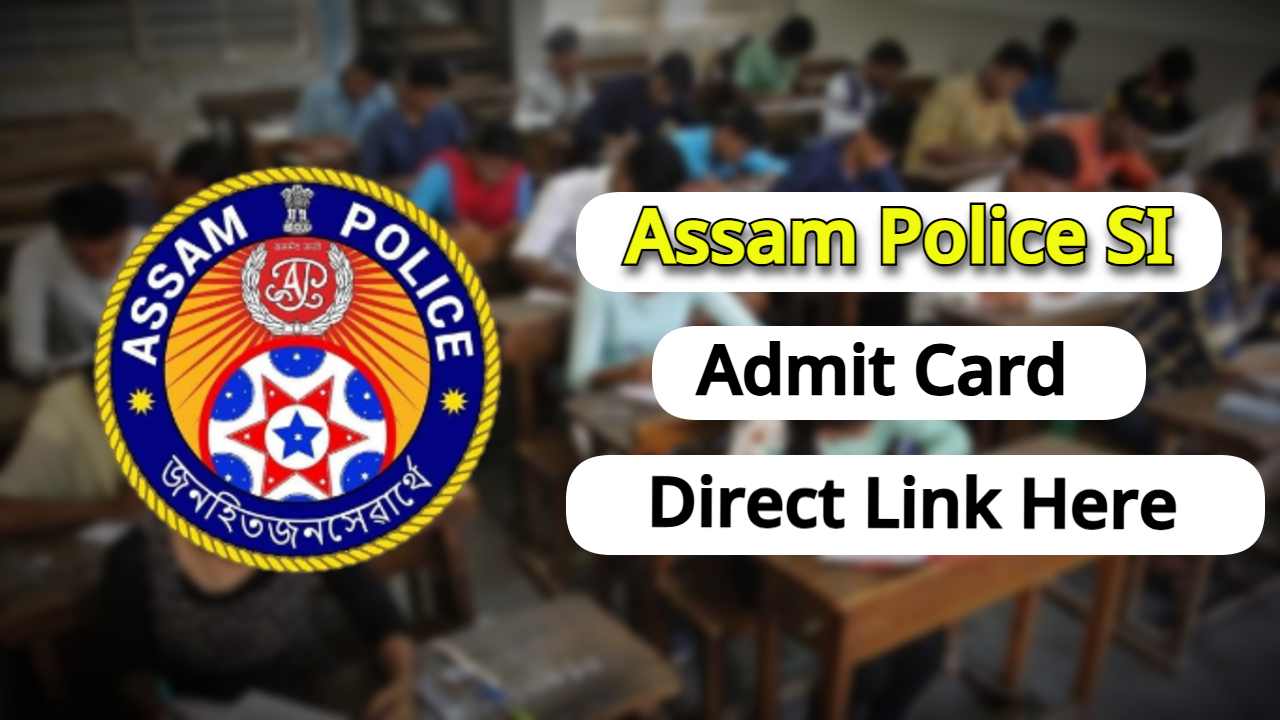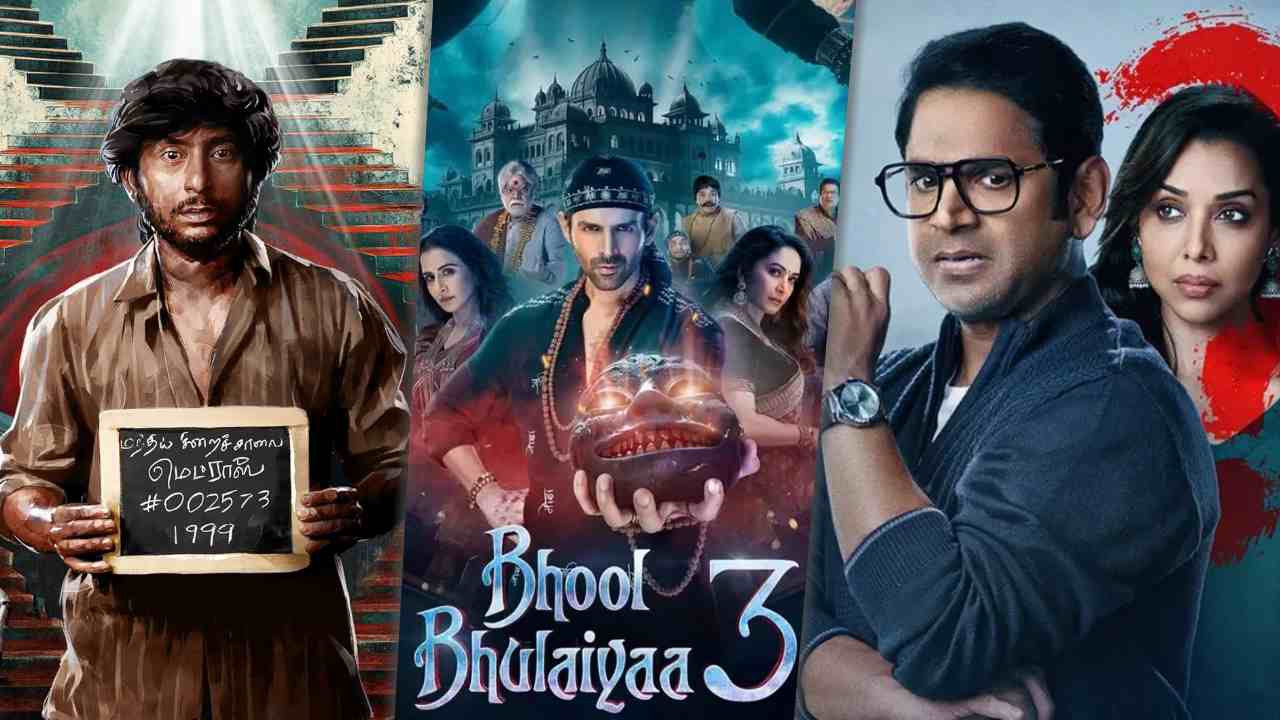Yogi Adityanath’s Recent Remarks on Pakistan and PoK
On September 16, during a rally in Agartala, the capital of Tripura, Uttar Pradesh Chief Minister Yogi Adityanath delivered a strong condemnation of Pakistan, labeling it as a “cancer” to humanity. His comments resonated with many attendees as he emphasized the urgency of addressing the threats posed by Pakistan to India and the broader world.
Pakistan: A ‘Cancer’ to Humanity
In his stirring address, CM Yogi Adityanath articulated that Pakistan is not just a problem for India but a “cancer of humanity” that requires global collaboration to tackle effectively. He asserted, “Until Pakistan is cauterized, we cannot resolve our issues.” His remarks reflect a growing sentiment among several Indian leaders emphasizing national security and territorial integrity.
Calls for Action on Pakistan-Occupied Kashmir (PoK)
Furthermore, Adityanath pointed out that there is a growing demand for independence in Pakistan-occupied Kashmir (PoK), viewing it as a precursor to its reintegration into India. He stated, “Now, PoK is demanding to be free and become part of India again,” suggesting that the political landscape in the region may be shifting.
Previous Statements and Political Context
This is not an isolated incident; Yogi Adityanath has a history of strong rhetoric regarding Pakistan. Earlier, he predicted that if Prime Minister Narendra Modi were re-elected, PoK would inevitably become part of India within six months of his new term. He reiterated, “We will not worship our enemies. If they kill our people, we will give them the response they deserve.” His statements reflect a broader narrative within Indian politics aimed at unifying national sentiments against perceived external threats.
Criticism of Congress Party
In addition to his remarks about Pakistan, CM Yogi Adityanath also directed critical comments towards the Congress party, alleging that their policies contributed to the partition of the nation for personal gain. He accused them of facilitating violence against Hindus and undermining India’s cultural heritage, stating, “The RSS knew that if we followed the pact of Congress, they would divide the country and massacre Hindus.” This addresses a significant aspect of political discourse in India, where historical narratives and present-day politics often intertwine.
Conclusion
The rally not only highlights Yogi Adityanath’s firm stance on national security but also reinforces a narrative that is becoming increasingly prevalent in Indian politics. As discussions around territorial integrity and the role of neighboring countries intensify, the calls for unity against perceived threats are likely to shape future political agendas. With the approaching elections, such statements could influence voter sentiment and party dynamics in the country.

